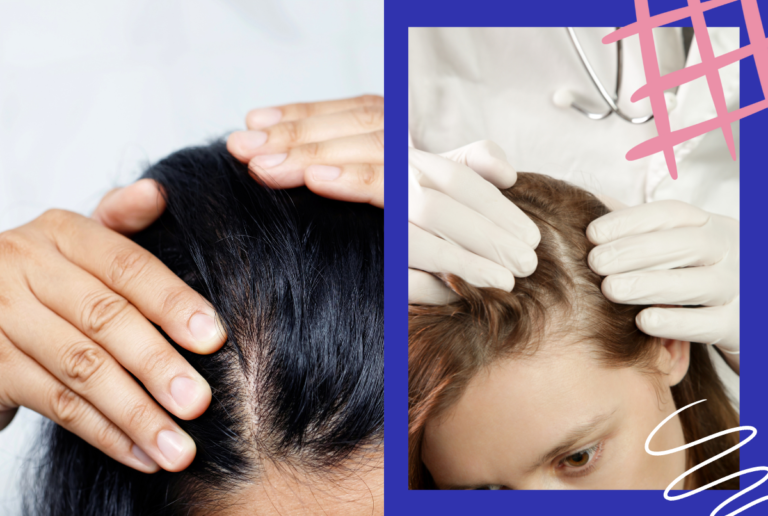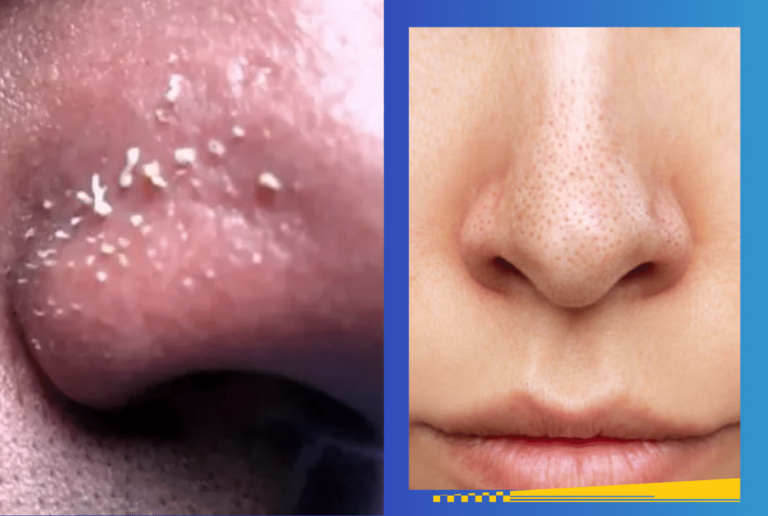Allergic to Collagen?
Ever wondered if your quest for youthful skin and a healthy glow through collagen products could hit an unexpected roadblock?
It’s true, allergies to collagen supplements and skincare items, while rare, are a real concern for some. Imagine integrating a new collagen-enhanced product into your regimen, only to encounter unwelcome reactions like skin rashes or digestive discomfort.
This scenario underscores the importance of understanding the potential for collagen allergies and how to navigate them.
Well, we’ll be going over:
- What is collagen, and why is it so widely used in beauty and wellness products?
- Can you actually be allergic to collagen, and what are the signs to watch out for?
- How can you prevent and manage allergic reactions to collagen products to ensure they’re a safe addition to your health and beauty routine?
Let’s dive in.

What is Collagen?
Collagen is the most abundant protein in your body, playing a crucial role in providing structure and strength to your skin, hair, nails, bones, and joints. Think of it as the glue that holds everything together. Your body naturally produces collagen, but as you age, this production decreases, leading to signs of aging such as wrinkles and weakened joints.
Interestingly, there are at least 16 types of collagen, but types I, II, and III are the most common in collagen supplements and skincare products. Type I collagen, for example, is renowned for its skin-enhancing benefits, promoting elasticity and hydration. Conversely, type II is often associated with joint and cartilage support.
In recent years, the market has seen a surge in collagen-infused products, from powders and pills to creams and serums, all promising to enhance your wellness and beauty regimen. While these products are generally considered safe, it’s important to remember that individual reactions can vary, and allergies to collagen, although rare, are possible.
Collagen Allergies: Is it Possible?
Absolutely, being allergic to collagen supplements and skincare products is not only possible but a concern you should be aware of. While collagen is a natural part of the human body, the collagen found in supplements and products often comes from animals like cows, pigs, and fish. This external sourcing is where potential allergens may lurk. If you’re allergic to these sources, you might react to the collagen derived from them.
Allergic reactions to collagen can manifest in various ways, from mild skin rashes to more severe digestive issues if ingested through supplements. It’s crucial to listen to your body and look out for any adverse reactions after starting a new collagen-based product.
- Skin irritation or rash
- Digestive discomfort
- Breathing difficulties in severe cases
To minimize risks, always opt for high-quality, hypoallergenic products and consider a patch test for topical applications. Remember, the goal is to boost your health and beauty, not compromise it.
Symptoms of Collagen Allergies
When introducing collagen products into your routine, it’s crucial to be vigilant for any signs of allergic reactions. Symptoms can range from mild to severe, depending on your body’s sensitivity.
If you’re experiencing skin irritations such as redness, itching, or swelling after applying a collagen-infused skincare product, these could be indicative of a topical allergy. This reaction, known as contact dermatitis, is your skin’s way of telling you it’s not happy with what you’re putting on it.
On the other hand, ingesting collagen supplements might trigger different reactions. Symptoms like stomach discomfort, nausea, bloating, or even difficulty breathing, should not be disregarded. These could signal a more severe allergic response, potentially stemming from the source of the collagen, such as bovine (cow) or marine (fish) products.
Being aware of these symptoms empowers you to take swift action, whether it’s discontinuing the product or seeking medical advice. Remember, your health and safety come first.
Causes of Collagen Allergies
Collagen allergies often stem from the source of the collagen used in supplements and skincare products. Your body might see collagen from another species as a foreign invader, triggering an allergic reaction. Most commercial collagen comes from cows (bovine), pigs (porcine), or fish (marine), each carrying its unique potential allergens.
Contamination during the manufacturing process can also lead to allergies. Even if you’re not allergic to the collagen itself, impurities or residual proteins from the animal source may cause an adverse reaction. The presence of additional ingredients, such as preservatives, flavorings, or colorants, in collagen products can further complicate things, leading to sensitivities or allergies in some individuals.
Understanding the cause is crucial for managing your reaction effectively. Should you notice any symptoms, reviewing the product’s source and ingredient list is a good starting point to identify the potential trigger.
Prevention and Treatment of Collagen Allergies
Preventing collagen allergies starts with knowing the source of the collagen in products you use. If you’re aware of specific animal allergies you have, look for collagen derived from different sources. For example, if you’re allergic to fish, seek out bovine or porcine-derived collagen instead.
When trying new collagen supplements or skincare products, conduct a patch test. Apply a small amount of the product to a discreet area and wait for 24 to 48 hours. If you notice redness, itching, or swelling, it’s best to avoid that product.
In cases where you’ve already experienced an allergic reaction to a collagen product, over-the-counter antihistamines may help alleviate mild symptoms. For more severe reactions, it’s crucial to seek medical advice promptly. Your healthcare provider may prescribe stronger medications or recommend allergy testing to identify specific triggers.
Always read labels carefully, opting for products with minimal and familiar ingredients. This reduces the risk of exposure to unknown allergens and increases the likelihood of a positive experience with collagen-infused wellness and beauty products.
Conclusion
Understanding your body’s reactions to collagen supplements and skincare products is key to maintaining your health and well-being. By being vigilant about the collagen sources and conducting patch tests, you’re taking important steps to prevent allergic reactions.
Remember, it’s always better to err on the side of caution by opting for products with ingredients you’re familiar with. Should you encounter any adverse reactions, know that solutions like antihistamines are readily available, but don’t hesitate to consult a healthcare professional for more severe symptoms.
Your proactive approach will ensure you can enjoy the benefits of collagen products safely and confidently.






